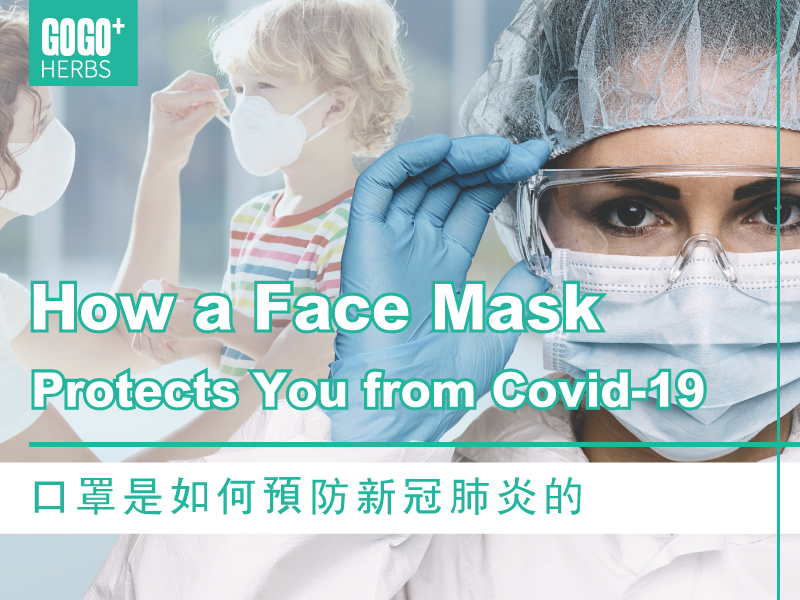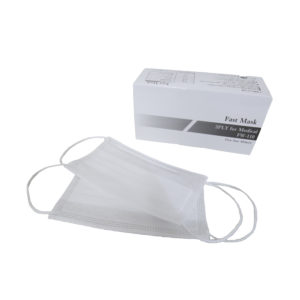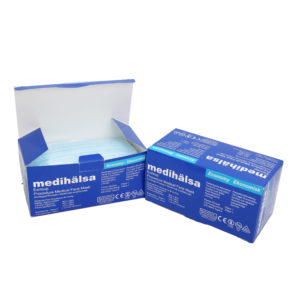
How do face masks prevent COVID-19?
Since the outbreak of the novel coronavirus (2019 coronavirus), officially known as Covid-19, the World Health Organization (WHO) and other local disease control agencies have emphasized the use of masks to curb the spread of the virus among humans. The WHO also considers the first pathogen to be SARS-CoV-2, a strain that spreads faster than other coronaviruses.
Virologists believe that wearingmask (surgical etc)Combined with other preventative measures, such as frequent handwashing and social distancing, this can help slow the spread of the virus. At the same time, as the world awaits a breakthrough vaccine that can effectively eliminate the virus, preventative measures must be followed throughout society and in all healthcare facilities.

Why should we use masks during COVID-19?
Like most viruses and bacteria, the novel coronavirus is contagious and can be transmitted through the air. Infected people typically spread the virus through their mouths when they cough or sneeze. Therefore, these respiratory responses contaminate public air, objects, and hard surfaces with harmful droplets and viral particles of all sizes.
Wearing a mask can reduce the risk of contracting airborne infectious diseases. During the current pandemic, mask culture offers the world an opportunity to mitigate the possibility of mass infection in a cheap and simple way. This is because wearing a mask correctly allows the user to inhale a certain proportion of healthy, filtered air in environments where sprays, splashes, and mists are highly likely to be contaminated.
A face mask may seem like a very simple tool, but it does a great job of filtering out harmful substances. However, achieving optimal protection involves more than just using a mask. Users must also follow relevant guidelines and hygiene tips when handling and using masks.
Types of masks
There are generally three types of masks:
1. Surgical mask
Surgical masks are the most common type of medical mask. They are medical-grade and reliably filter air contaminated with COVID-19. As a respiratory consumable, surgical masks need to fit snugly around the wearer's nose and chin, and have a soft texture and lining. Their absorbent composition makes them more effective at trapping the wearer's saliva and other respiratory secretions, thus reducing contact with community members.
Currently, various shapes and sizes can be purchased online.Surgical masksHowever, due to their disposable and convenient features, there is high market demand for them, making them a convenient and hygienic face covering solution readily available for public places such as churches and offices.

2. N95 protective mask
N95 masks are a medical-grade variant, an upgraded version of surgical masks. As the name suggests, these masks can filter out up to 95% of contaminants as air is inhaled. Some of these masks also have a built-in valve that automatically closes when the user inhales and opens when exhaling to expel unfiltered air.
N95 protective masks fit more snugly and are designed for single use like surgical masks. Their high filtration efficiency makes them ideal for high-risk, contaminated environments.
3. Cloth mask
Due to the shortage of medical-grade masks, cloth masks have become popular as a temporary alternative and for custom-made masks. These masks may include scarves, handkerchiefs, and masks made from homemade materials and fabrics.
Cloth masks are typically reusable and cut to resemble surgical masks. Therefore, these variations are also tightly woven and sewn together with multiple layers of fabric. Cloth masks also provide a level of protection. They can filter up to 501 TP4T of viruses and bacteria and reduce contact with respiratory droplets and other secretions.
9 common mask care tips:
1.Wear a maskPlease wash or disinfect your hands beforehand.
2. Do not share masks (whether reusable or disposable).
3. Please check for wear and tear on the mask before use.
4. When wearing a surgical mask, make sure the colored side faces outwards.
5. Ensure your mask fits snugly at all times. Minimize unfiltered air from escaping from the edges of the mask.
6. Make sure the mask covers your nose, mouth, and chin.
7. Do not use a new mask without cleaning or disinfecting your hands.
8. After 48 hours of use, please wash the reusable mask to prevent contamination.
9. Please discard non-reusable masks in places inaccessible to homeless people and children.


































































